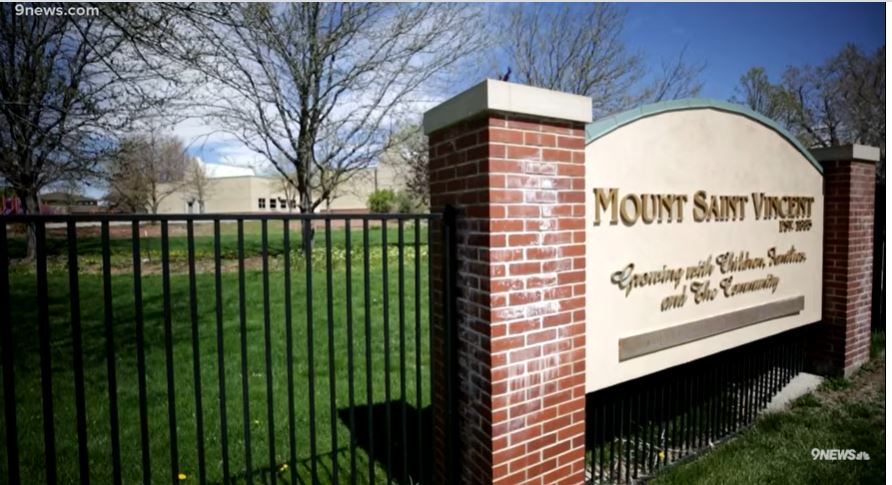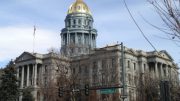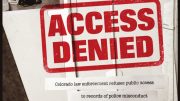By Jeffrey A. Roberts
CFOIC Executive Director
The Colorado Supreme Court will review an appellate court opinion that the Colorado Children’s Code doesn’t necessarily prohibit the state Department of Human Services from publicly releasing aggregate statistics about child-abuse hotline calls made from licensed residential care facilities.
In granting the state Attorney General’s certiorari petition Monday, the justices indicated they will look at whether language in the Children’s Code is ambiguous, as the Court of Appeals determined last November in siding with The Colorado Sun and 9NEWS.

But even if the language is ambiguous, the Supreme Court said it will decide whether the legislative history of the Children’s Code supports the appellate judges’ interpretation of the statute.
The case is about Colorado Open Records Act requests made in 2021 by The Sun and 9NEWS for documents showing the total number of Colorado Child Abuse and Neglect Hotline calls placed over three years from the Mount St. Vincent, Cleo Wallace and Tennyson Center facilities. The news organizations were reporting stories on failings of the system that is supposed to protect and treat vulnerable foster children and youths with severe mental health issues.
DHS claimed the requested statistics could be used to identify individual informants, children or family members, in violation of a confidentiality provision in the Children’s Code, because the street addresses of the facilities are publicly known. But The Sun and 9NEWS, represented by media attorney and Colorado Freedom of Information Coalition president Steve Zansberg, argued that specific address information by itself isn’t sufficient to figure out someone’s identity.
The provision says that “reports of child abuse or neglect and the name and address of any child, family, or informant or any other identifying information contained in such reports shall be confidential and shall not be public information.”
Two judges on a three-judge panel of the appeals court concluded the confidentiality provision is “ambiguous” but ultimately agreed with Zansberg’s interpretation, writing that the law “prohibits the disclosure of an address only if it constitutes identifying information.” They sent the case back to district court with instructions to “determine whether, in light of our opinion, the requested records would disclose ‘identifying information’ of a child, family, or informant associated with a child abuse or neglect report.”
DHS’s interpretation, the appellate court wrote, “would require that some nonidentifying information is kept confidential, a result we cannot square with the legislative history or even with other sections of the Children’s Code, which themselves authorize the public disclosure of information from child abuse reports, so long as the information does not ‘identify individuals.’”
In its Supreme Court petition, the attorney general contends the statutory language “unambiguously prohibits disclosure of the names and addresses of children, family, or informants contained in child abuse reports.” It says the legislature “constructed the statute to protect the privacy of a child, family, or informant and ensured that they would not be the accidental casualty of transparency.”
Follow the Colorado Freedom of Information Coalition on X (formerly Twitter) @CoFOIC. Like CFOIC’s Facebook page. Do you appreciate the information and resources provided by CFOIC? Please consider making a tax-deductible donation.




